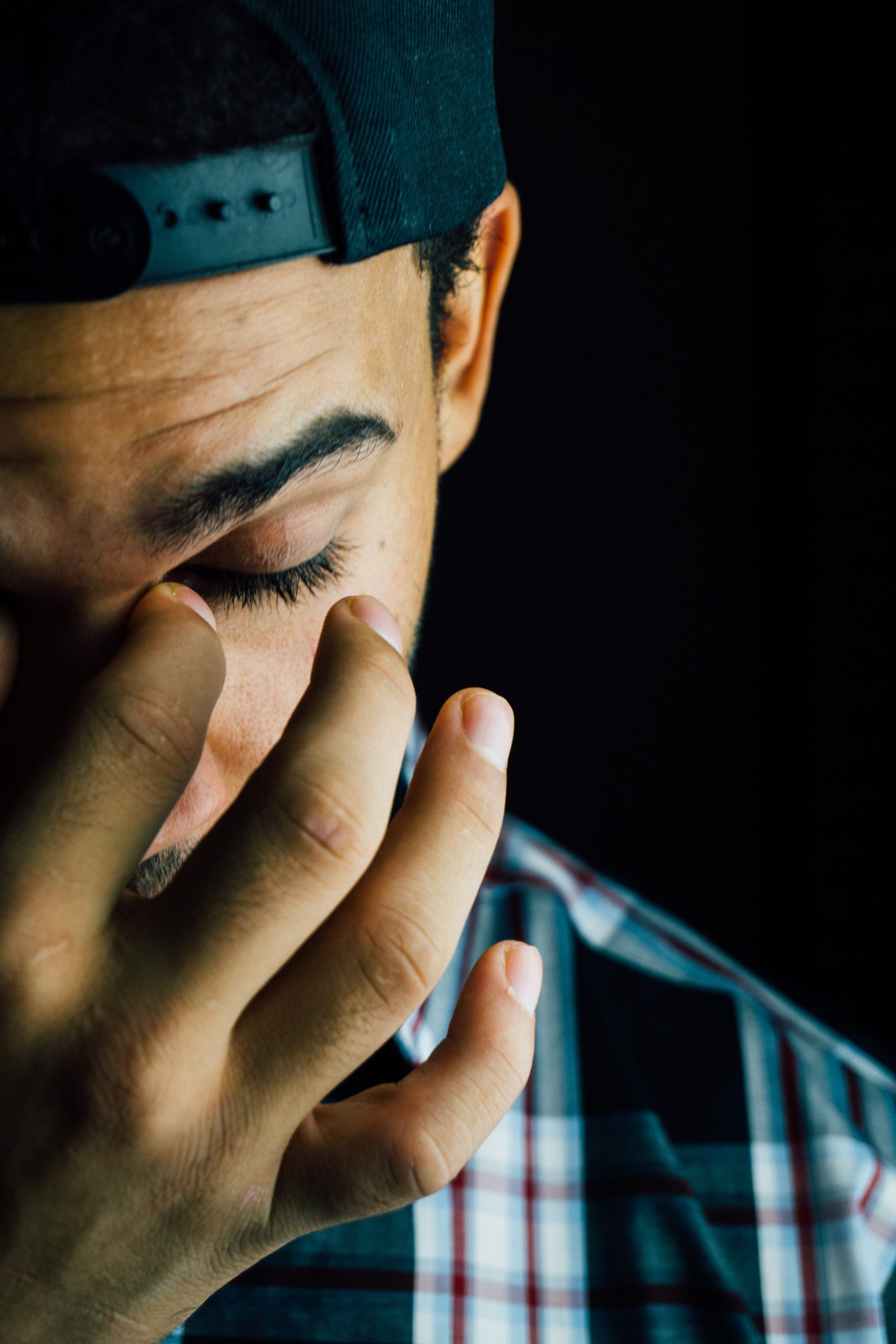Laurie has written an insightful article about understanding addictions: how to recognise if you or a loved one has an addictive habit and what you can do to understand and help yourself.
She says: the realisation that we may have an addiction often comes with a sense of shame at being unable to control ourselves.
In this article I’ll offer an explanation of how and why addiction can happen, why it’s not our own fault and information about recovery.
Research shows that addiction is treatable and with the right help can be managed successfully.
What is addiction?
Addiction can be defined as having no control over a behaviour that could be causing negative consequences.
The most common addictions are alcohol, drugs, smoking, solvents, gaming/internet/phones, gambling, eating, working, shopping, exercising, sex, pornography and unhealthy relationships. Potentially any behaviour can become an addiction.
As a society we often unfairly judge people whose lives are blighted by addiction because we underestimate the power of our unconscious mind and the role it has in keeping people trapped in unhealthy habits.
We all have strategies for coping with painful, difficult times. Many people will have a drink to feel better after a long hard day. Many will eat sugary snack in the evening because they’re bored, lonely or sad. Smokers use cigarettes to manage stress.
What is going on in our brain?
When we feel unhappy for any reason our unconscious mind will search our memories for a solution that will make us feel better.
Most of us will have fond memories of fun moments with family or friends, at parties or days out eating delicious food. Many will have memories of feeling happy and confident at parties as the result of taking alcohol or drugs. We like the praise and sense of satisfaction for having achieved something at school, uni or work.
These happy experiences cause our brain to release feel-good endorphins and hormones so we can remember the experiences and are motivated to repeat them.
Our mind uses these memories of emotional highlights as a reference point and reminds us of behaviour that makes us feel better and we’re prompted to re-enact those situations to recreate the good feelings.
If we’re experiencing negative emotions the unconscious mind tries to bring us back into balance by triggering us to repeat activities that make us feel good. The stronger the negative emotions, the stronger the urge for something to make us feel better.
It’s a sign that we don’t believe that we have the internal resilience necessary to cope when life feels difficult and so we look for external resources to help make us feel better.
Addiction is the unconscious minds reaction to stressful circumstances and a form of self-medication to cope with life’s difficulties.
The steps to recovery are as follows:
- The first step to recovery is acknowledging that there’s a problem
- Seek professional help to resolve the root causes of negative emotions and to build in resilience.
- When the negative emotions are resolved the next stages become much easier because it’s these feelings that drive the addictive behaviour.
- Talk to someone who can support you – close family, a friend, someone you can trust, health professional, therapist.
- Avoid risky people, places, situations and events, particularly if they’re linked to the old habits.
- Practice self-care. Eat healthy food, take some exercise and get enough sleep.
- Make an emergency plan. Create a list of alternative strategies that you can put in place if you’re craving the old habit. Write the list out and keep it easily available so you can quickly and easily refer to it if you’re triggered.
Here are a few ideas:
- Meet up with a friend (who doesn’t share the habit you’re trying to avoid).
- Go for a walk
- Read a book
- Watch an uplifting film
- Take a bath
- Get a massage/reflexology treatment
- Take a class, learn a new skill
- Play/listen to music
- Create some form of art or craft
- Take a yoga class
- Send a nice message to someone and let them know you’re thinking about them.
- Do a random act of kindness.
- Meditate or pray
- Spend time in nature.
You can contact Laurie via Luck’s Yard Clinic or email her directly at: laurie@laurieharvey.co.uk




